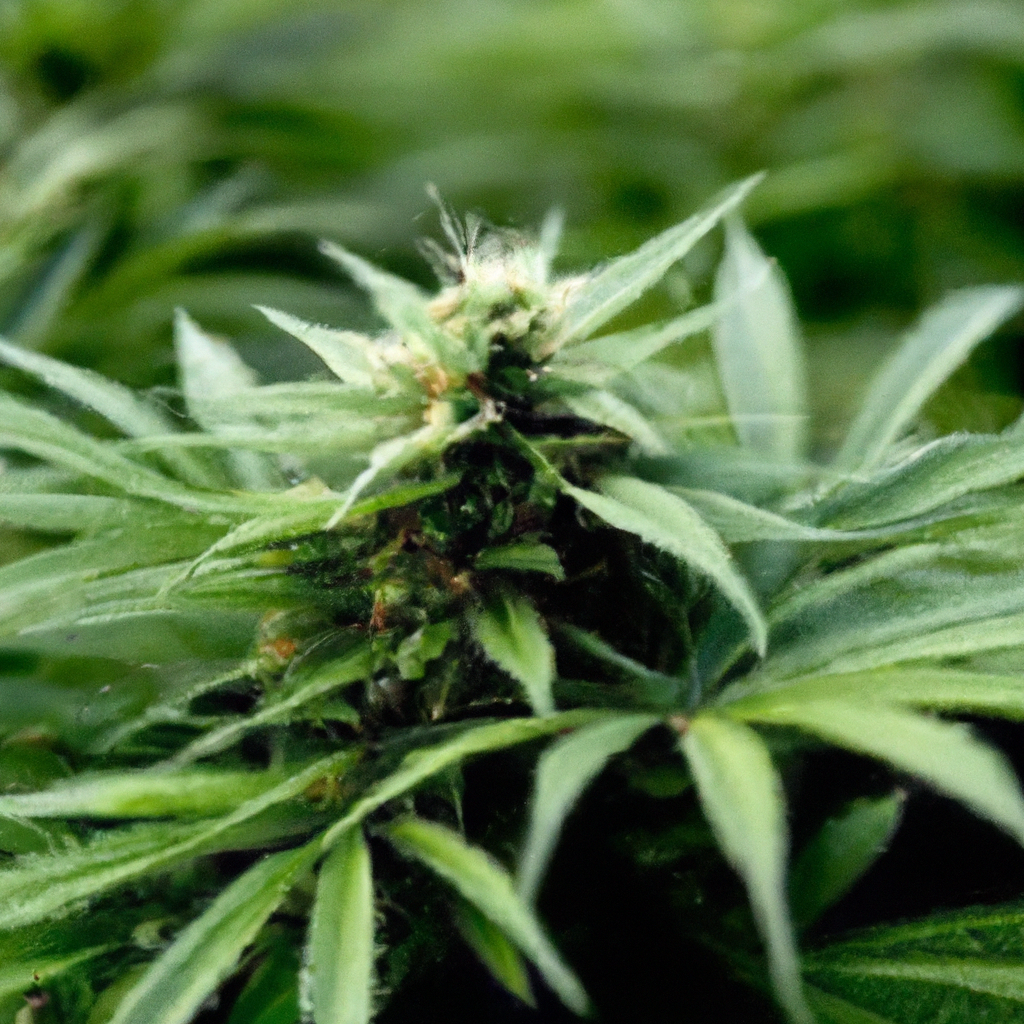Your cart is currently empty!
In today’s environmentally conscious world, more cannabis growers are embracing organic cultivation methods. This approach not only benefits the environment but also enhances the quality and safety of the final product. Read on to discover the best practices for cultivating cannabis organically, focusing on natural fertilizers, composting, and sustainable pest control methods.
Introduction to Organic Soil Building
Creating a thriving ecosystem for your cannabis plants begins with healthy soil. The goal is to mimic nature by building a nutrient-rich foundation that supports diverse microbial life, promoting robust plant growth and development.
Using Natural Fertilizers
Natural fertilizers play a vital role in organic cannabis cultivation by providing essential nutrients without the harmful effects of synthetic chemicals. Ingredients such as worm castings, bat guano, and fish emulsion are excellent choices to enrich your soil.
- Worm Castings: Enhances soil structure and provides a slow-release source of nitrogen.
- Bat Guano: Provides high levels of phosphorous, crucial for flowering stages.
- Fish Emulsion: A great source of nitrogen, promoting healthy green growth.
Composting for Success
Composting is a fundamental aspect of organic growing. It not only recycles garden waste but also creates a nutrient-dense material that boosts plant health. Consider setting up a compost pile or bin to transform organic matter into rich humus.
Sustainable Pest Control Methods
Organic pest control methods focus on preventing pest issues by maintaining a balanced ecosystem. Here are some effective strategies:
- Companion Planting: Planting herbs and flowers like marigolds and basil can repel pests naturally.
- Beneficial Insects: Introduce predatory insects such as ladybugs and lacewings to keep pest populations in check.
- Neem Oil: A natural pesticide derived from the neem tree that helps control a variety of pests.
Promoting Sustainability in Cannabis Operations
Organic cannabis cultivation is inherently sustainable, as it reduces reliance on synthetic inputs and fosters biodiversity. For growers, adopting eco-friendly practices means less soil degradation and a smaller carbon footprint.
By prioritizing these practices, not only do growers contribute positively to the environment, but they also cultivate a superior product. Organic cannabis often boasts richer terpene profiles and a cleaner taste, making it a preferred choice for health-conscious consumers.
Conclusion
Embracing organic cannabis cultivation requires a commitment to natural processes and a respect for ecological principles. By investing in soil health, using natural fertilizers, implementing composting, and adopting sustainable pest control methods, growers can support environmental sustainability while producing quality cannabis.
In the end, the benefits extend beyond the grow operation to the end consumer, who receives a product that aligns with the values of purity and environmental stewardship.
Discover more from Magic Clones
Subscribe to get the latest posts sent to your email.


Leave a Reply